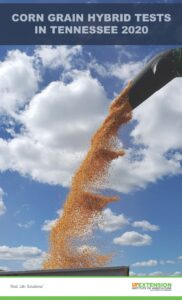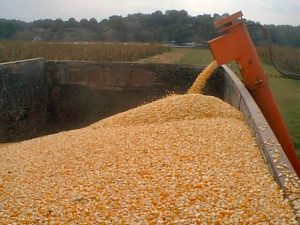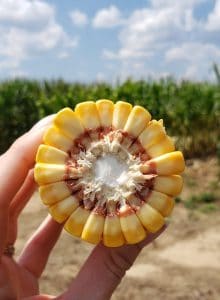In Tennessee, corn harvest is beginning and soybeans will be right around the corner. Time to start talking about cover crops, in particular, what options are best for your cropping system. Cover crops offer many benefits to cash crop systems, including weed suppression, nutrient credits, improved soil health, pollinator habitat, and more. Many species can be used as cover crops but each differs in the ecological benefits it can provide to a system as well as in its adaptation to production regions in Tennessee. This adaption is highly dependent on management practices, especially time of planting. A species selected as a top performer when planted after corn may not do so well in a system following soybeans, where cover crop planting is two to four weeks later. Planting a poorly adapted species reduces your return on investment in a cover cropping system, so let’s talk about what works in Tennessee. Continue reading →








